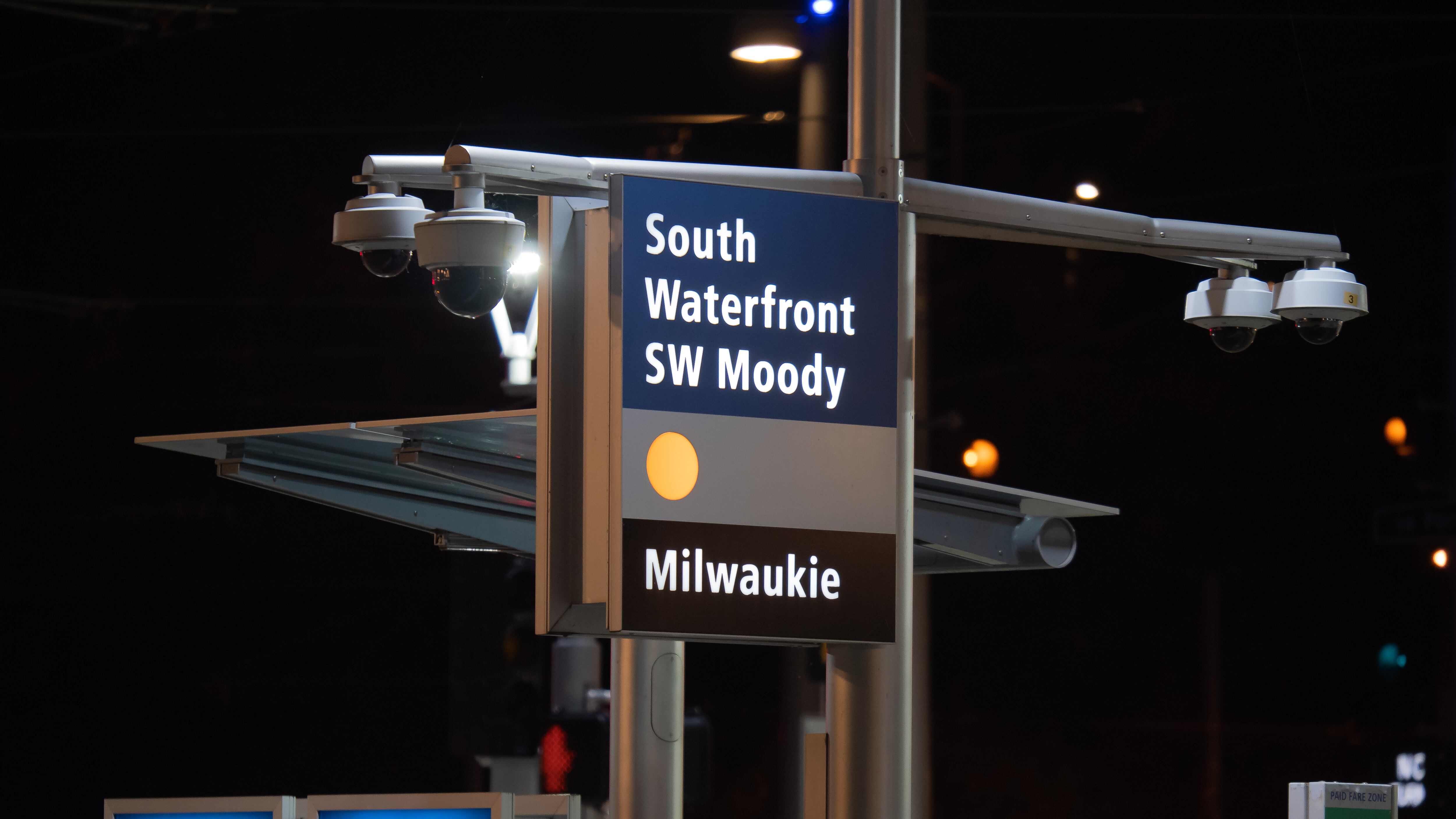As WW reported earlier this week, a large number of advocacy groups and local elected officials have offered TriMet unsolicited advice about how to hire its next executive director.
Advocates and electeds wrote separate letters to the regional transit agency's board last week following the Dec. 17 announcement that current TriMet general manager Doug Kelsey will retire in March 2021 when his contract expires.
Related: Dozens of Advocacy Groups and Local Elected Officials Urge Caution as TriMet Seeks New GM
But some elected officials declined to join Portland Mayor Ted Wheeler, Multnomah County Chair Deborah Kafoury and Metro Council President Lynn Peterson and dozens of others in urging TriMet to employ "nontraditional consultants to run the recruitment process so as to show your commitment to equity, inclusion and transparency" and to "involve city leaders and community organizations, particularly from region's small and midsized cities, where expansion of TriMet service will be crucial in the success of equitable economic development, social justice and climate action goals."
Although Washington County Chair Kathryn Harrington and Commissioners Jerry Willey and Pam Treece signed the letter, Commissioner Roy Rogers, the Washington County Commission's longest-serving member, says he thought it was an example of local governments unnecessarily inserting themselves into another agency's business.
"My policy is that when other governments are doing a good job, as TriMet is, we ought to let them do that," says Rogers, who has served on the county commission since 1985. "It's a simple hiring process—not something for me to be involved in."
Hillsboro Mayor Steve Callaway says he had slightly different concerns: First, Callaway says he thinks TriMet is already engaged in the public outreach and focus on equity that the letter urges. Second, Callaway says he felt uncomfortable with the letter's seeming emphasis on the "region's small and midsized cities."
He worries that emphasis might mean less service for Hillsboro, the region's third-largest city, after Portland and Gresham. As a major employment center, Hillsboro faces growing traffic issues and, Callaway says, it's important to his city that TriMet provide robust options to reduce tailpipe emissions and congestion.
"There's no way we can afford to have less service," Callaway says.
Clackamas County Chair Jim Bernard, however, had the strongest reaction to the elected officials' letter. He says he contacted other officials and encouraged them not to sign it.
Bernard, who leaves office next month after a November loss to Chair-elect Tootie Smith, says he saw the letter as a sign that Metro, which is already responsible for regional transportation planning and for allocating federal transportation dollars to local governments, may want to take over TriMet.
Metro's political profile has grown rapidly since Peterson was elected council president in 2018. Last year, the agency convinced voters to pass a $475 million parks bond as well as a $250 million homeless services measure earlier this year. Metro fell short, however, selling voters on an ambitious $4 billion transportation bond in November.
But it's also the case Metro is a conduit for most of those bond proceeds and for an earlier $658 million housing bond it passed in 2018. It passes the money along to local partners and remains much smaller in terms of budget and number of employees than other local government agencies, including TriMet, which can count on hundreds of millions of dollars in annual payroll taxes and, in non-COVID years, fares.
Bernard says he saw Metro's ambitions to control TriMet in the elected officials' letter to the TriMet board.
"The key to TriMet's success is its ability to operate as an independent agency," says Bernard, who served as Milwaukie mayor for eight years before joining the Clackamas County Commission in 2009. "I'm concerned that the effect of this letter is Metro getting its foot in the door at TriMet."
Metro spokesman Nick Christensen says the Metro Council has never discussed such an idea. And in a statement, Peterson said her only interest is in seeing TriMet hire the best possible candidate.
"I want to see TriMet run an inclusive, transparent community engagement process for selecting the new GM," Peterson said. "That process should include meaningful input from community partners and from local governments around the region. I think we all can agree that the TriMet board will make its best decision if it informs itself with the views and experience of diverse groups through the hiring process."

